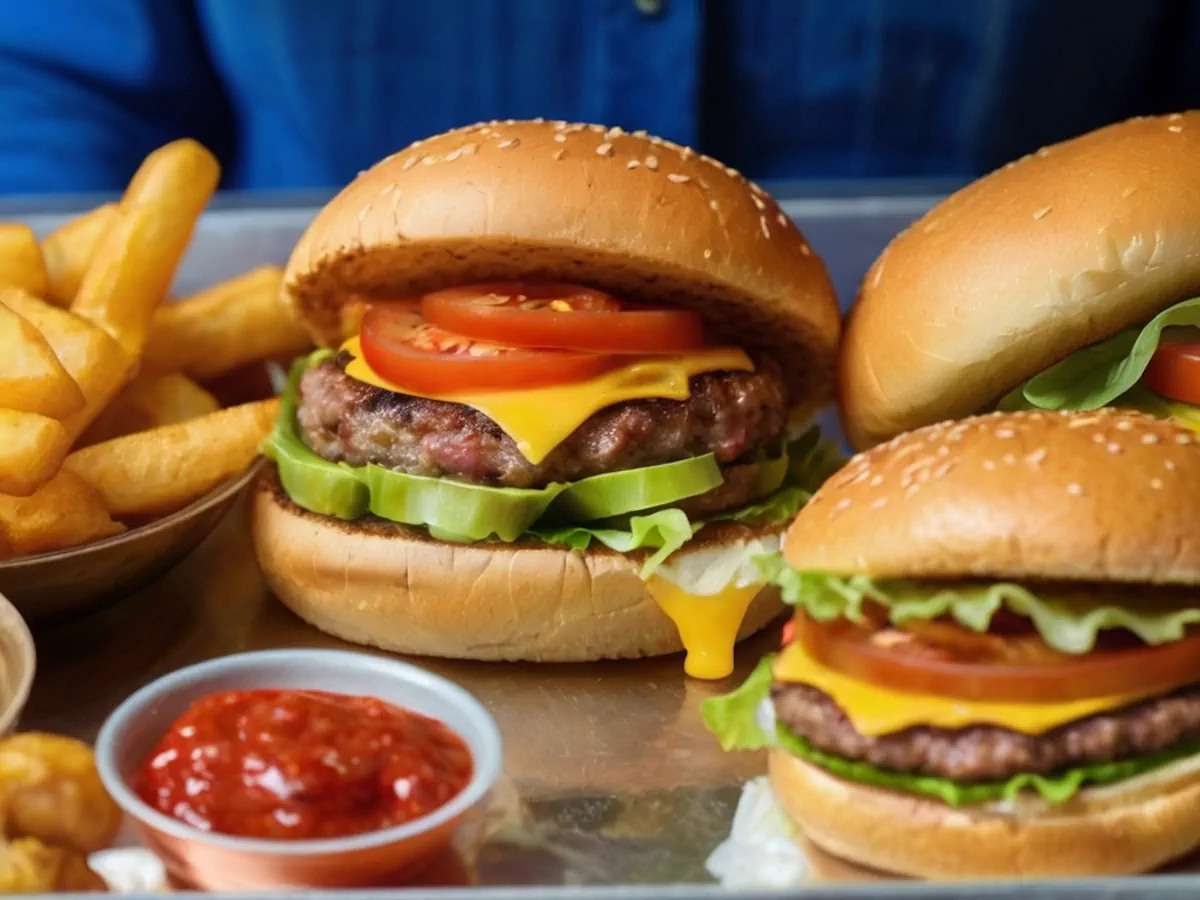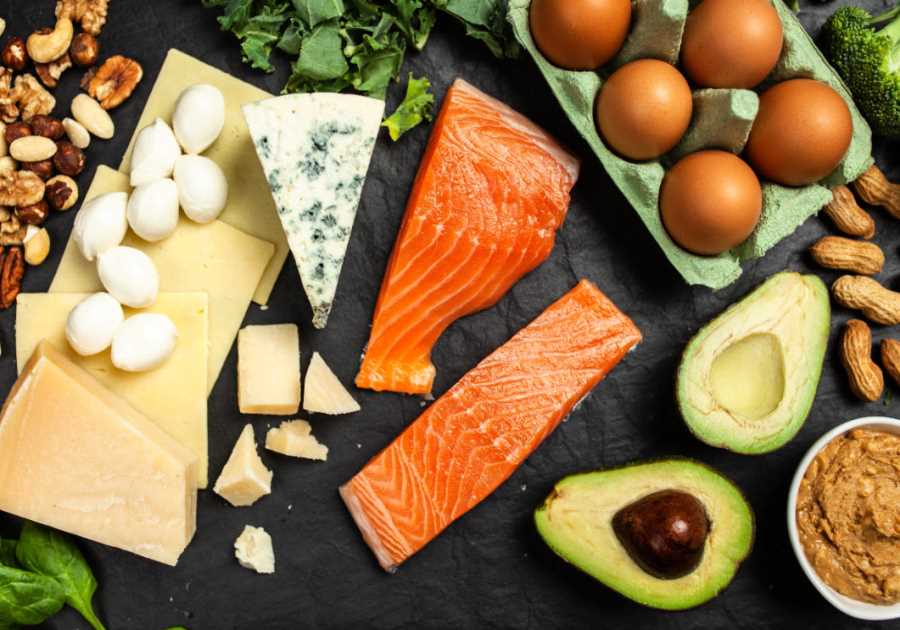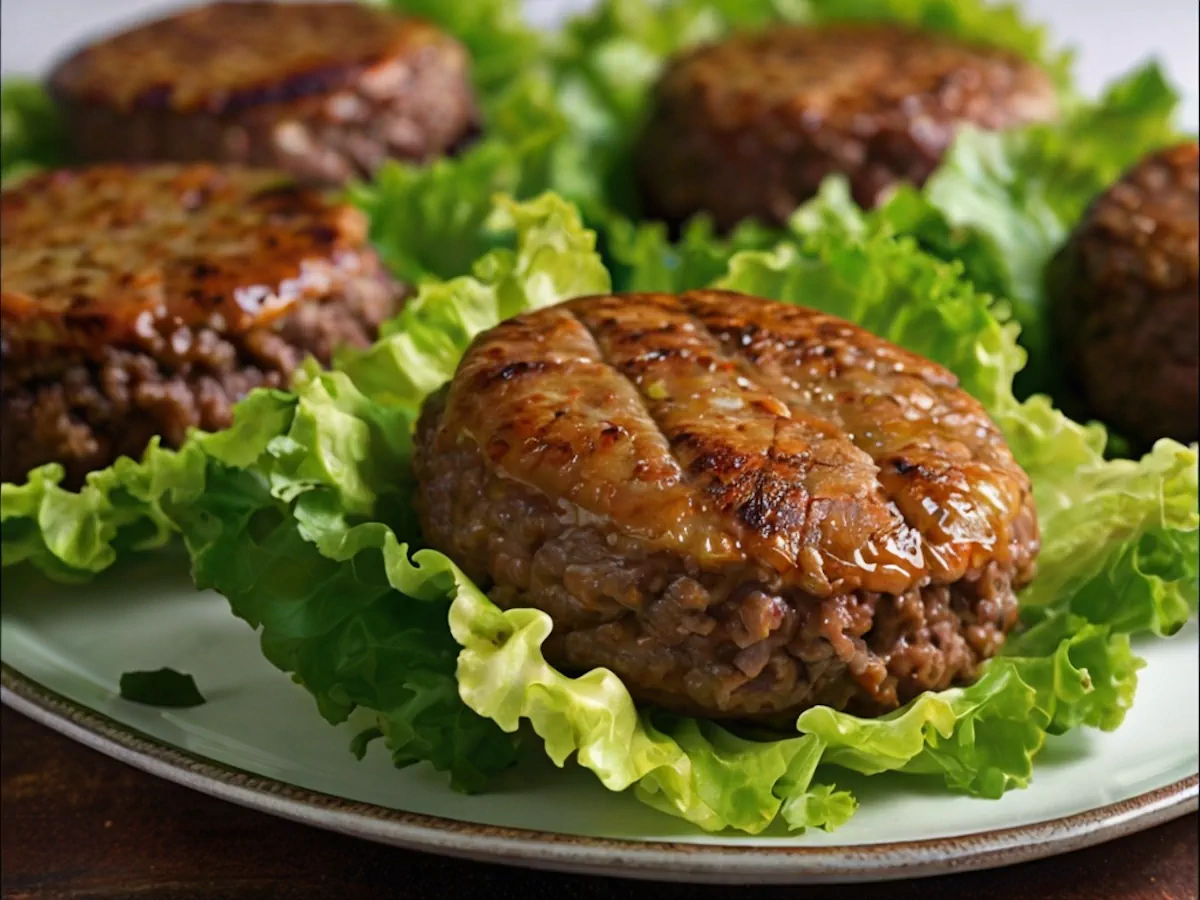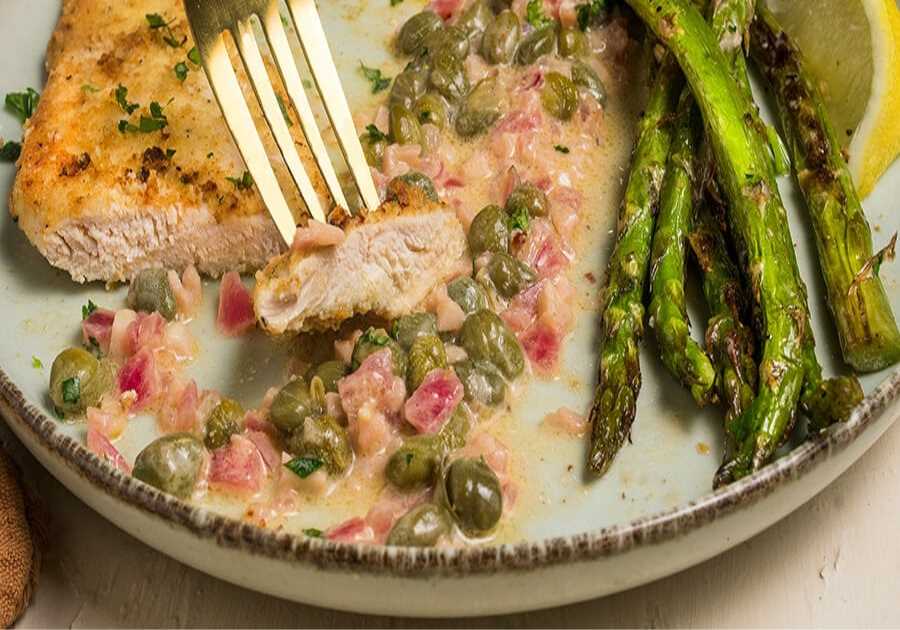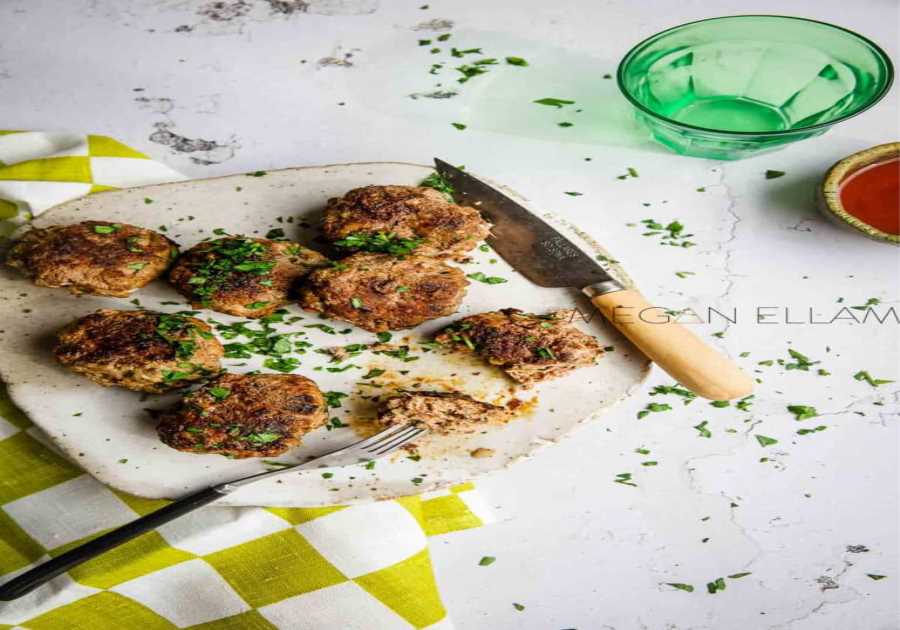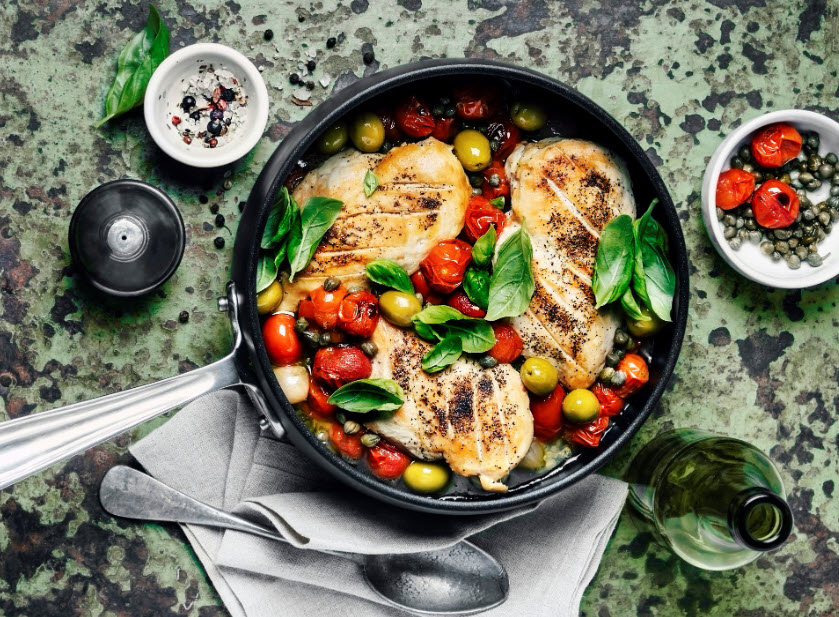
What is a Pregnant Paleo Diet?
A pregnant Paleo diet is an eating plan specifically designed for expectant mothers. It emphasizes nutrient-dense, whole foods such as meat, fish, eggs, vegetables, fruit, and healthy fats while avoiding processed grains, dairy products, legumes, and other food sources with high inflammatory properties. The goal of this dietary approach is to provide necessary nutrients for the developing baby while keeping blood sugar levels in balance.
Paleo diets are rooted in the idea that modern diets are loaded with unhealthy ingredients that can cause inflammation and impede our body’s ability to absorb key vitamins and minerals. By focusing on eating clean, minimally processed foods like those found in ancient cultures before the advent of industrialized food production methods, it’s believed that women - especially when pregnant - can better consume vital nutrients without disrupting their body’s natural processes.
There are many advantages to following a paleo-style diet while expecting a baby. Eating whole fruits and vegetables promotes healthier digestion and absorption of key vitamins like A, C & E along with minerals like iron and calcium - both essential for a developing fetus. Additionally, opting for healthy fats found in fish like salmon or avocado rather than more processed alternatives helps promote neurological development crucial for any growing baby.
It’s also important to note that certain modifications may need to be made when adhering strictly to the paleo lifestyle while pregnant; some experts recommend including bright-colored fruits and vegetables due to their added fiber content as well as foods high in vitamin B6 (like spinach) which help inhibit morning sickness during pregnancy.
Ultimately though it all boils down to providing optimal nutrition your unborn child needs without overloading your body on unhealthy fillers; by focusing on eating animal proteins, fresh fruits & vegetables as well as moderate amounts of healthy fats one will produce an energy balance that supports both mother and child throughout a pregnancy journey.
Calcium
If you are pregnant, you are probably aware that the baby needs calcium to develop strong bones. Calcium is also important for the teeth of the growing child. Luckily, you can meet your baby's calcium requirements by eating a variety of calcium-rich foods.
One of the most important factors in achieving calcium-rich diets is avoiding excessive protein. Too much protein can increase your risk of developing gestational diabetes or having a low birth weight baby. In fact, you may need to supplement your diet with a high-quality prenatal vitamin to ensure you get enough of the mineral.
In addition to calcium, you also need to eat plenty of Vitamin D. This fat-soluble vitamin is essential for the development of your baby's skeletal system and immune system. Some studies suggest that pregnant women who are deficient in this vitamin are at a higher risk of developing preeclampsia.
Omega 3 fats
Omega 3 fats are essential for your health and the health of your baby. They are required for proper brain function and nervous system development.
Omega-3 fatty acids reduce inflammation in the body. These fats also help regulate blood clotting, kidney and gastrointestinal functions, and other physiological functions.
During pregnancy, it is especially important for your baby to have enough omega-3s. It may also reduce your risk of preeclampsia and allergies. However, it is not always easy to get enough omega-3s.
Fortunately, you can get the benefits of these fats through supplementation. Fish oils are a great source of EPA and DHA. Those who do not eat fish can use algae oil, which is considered a vegetarian source.
Iron deficiency
When a pregnant woman is iron deficient, the chances of giving birth to a low-weight baby are increased. The symptoms of iron deficiency include fatigue, dizziness, shortness of breath, and headaches.
Fortunately, there are ways to prevent and treat anemia during pregnancy. First, eat more foods that contain iron. Second, take an iron supplement. Third, seek advice from your healthcare provider.
Iron plays a vital role in the functionality of cells. It is part of many enzymes, which allow the body to digest food. Taking an iron supplement may also help you absorb more of it from your diet.
Vitamin C is also important for absorbing iron. It has been shown to increase the absorption of non-heme iron.
Vitamin D deficiency
Vitamin D is an essential nutrient and plays an important role in bone and immune system health. It is especially important during pregnancy and the first months of life. The best way to achieve healthy blood levels of Vitamin D is to take a Vitamin D supplement.
Vitamin D is produced by your body in response to exposure to ultraviolet-B (UVB) rays. Your skin converts cholesterol derivatives into vitamin D. You can also get vitamin D by eating foods that contain it. In addition, your liver is rich in this nutrient.
Vitamin D deficiency can cause serious health problems, including muscle disease, high blood pressure, and osteoporosis. Deficiency can also increase your risk for multiple sclerosis.
Glucose intolerance test
When pregnant, it is common to undergo glucose intolerance tests. These tests can help your doctor determine whether you have gestational diabetes. Gestational diabetes occurs when the body is unable to regulate blood sugar levels. This can pose a risk to your pregnancy and your baby.
Glucose intolerance tests are often administered during the second trimester of your pregnancy. The tests are a useful way to monitor your baby's health. A positive result may lead to further testing or treatment.
For the best results, it is best to take the glucose intolerance test early in the day. Your antenatal clinic may offer the test, but it is also possible to have the tests done at an independent laboratory. Usually, health insurance companies cover part of the costs.
Weight loss
Weight loss while pregnant on paleo can be a challenge. It's important to make sure you eat a variety of healthy foods, including fresh seasonal fruits and vegetables. You'll also want to avoid junk food and dairy products.
Paleo diets often recommend cutting down on carbohydrates and avoiding processed foods. These can reduce your chances of developing gestational diabetes. However, the restrictions on paleo can deprive you of the nutrients your body needs to grow your baby.
While you may not experience anemia as much as you might on a traditional diet, you will still need to be careful about your iron intake. This is important, as it helps to build a strong immune system for your baby.
Frequently Asked Questions
What fruits can you eat Paleo?
Fabulous! You are ready to embark on a nutritional and wellness journey. The Paleo diet can be a great place for you to start. Paleo is a way to adapt your diet for foods that are available pre-agriculturally, such as seafood, lean meats, and fruit, vegetables, and nuts.
This way of eating reduces inflammation by eliminating processed foods and added sugars. It is possible to enjoy delicious, nutritious whole foods that provide nutrients that support your health by saying goodbye to these unhealthy items.
Paleo is a diet that includes fruits. These fruits are rich in vitamins and minerals, including Vitamin C in strawberries, oranges, and bananas. Apples, pears and melons, as well as papayas, mangoes, melons and limes, are all other fruits. They all contain the antioxidants your body requires to perform at its best.
In addition to adding fiber-rich fruits to meals and snacks every now and again throughout the day it's a good idea to try out different fruits in smoothies or treats made with dates or other dried fruit if you don't desire sugary desserts.
Your body will be nourished with powerful antioxidants, so it is important to ensure you are getting enough nutrients. Fruits can give you energy, but they don't have to be heavy. So get creative and combine fruits with other meals throughout the day.
Is peanut butter allowed on the Paleo diet?
It has been the subject of much discussion, from blog comments, to dinner parties.
It is important to understand the Paleo diet in order to answer this question. There is no standard for what a Paleo diet should look like, but many people will only eat foods that are naturally found in the natural world. Peanuts can be considered a legume but not technically a nut. Fortunately for those who may be worried, this means that peanuts (and subsequently peanut butter) are usually considered acceptable to consume on a Paleo plan.
Although there is scientific evidence supporting peanut consumption, there are many other things to consider. Peanuts contain high amounts of lectins, which can cause inflammation and disrupt digestion. You might find some options that aren't laden with sugar or oil, such natural peanut butter. At the same time, other options, like popular brands filled with additives, should still be avoided.
Ultimately, it seems that enjoying small amounts of peanuts and peanut butter with mindful moderation might fit into standard parameters for following a healthy Paleo lifestyle without compromising health goals and objectives.
What are three foods you can eat when following the Paleo diet
A Paleo diet is a simple way to improve your eating habits. It involves eating only whole foods and unprocessed food that were available to our ancestors at the Paleolithic era, such as grass-fed beef, fish, fruits, or vegetables. These are three nutritious and delicious foods that you can enjoy as part of the ancestral plan.
- Savory Grass-Fed Beef: Cuts of 100% grass-fed beef are a great source of protein and can be enjoyed in endless ways. There are many ways grass-fed beef can be made delicious, including burgers and stews.
- Enjoy Satisfying Salmon For an added gourmet twist, add freshly picked herbs.
- Avocados rich in Fibre: Avocados provide a wonderful source of monounsaturated, heart-healthy fats. You can use them in salads or add half to your blender for a quick smoothie.
What food groups are best avoided when following a Paleo diet
The dramatic health benefits of avoiding grains and legumes, dairy products, and processed foods are possible. Paleo is a popular diet.
It is important to know which food groups you should avoid in order to maintain this diet. You should avoid foods that are high in grains, legumes (dairy), or other processed ingredients.
This means that you can say goodbye to bread, pastas and pizzas as well as chips, crackers and baked goods like cookies and cakes. Additionally, you will want to reduce your consumption of traditional dairy products such as cheese and milk.
Finally, you should eliminate processed foods like canned soups or frozen meals from your daily eating plan. Your body will be able to thrive without hidden sources such as empty calories and refined carbohydrates.
The Paleo diet is a great way to achieve your nutrition and health goals, while still enjoying delicious meals. You won't regret!
Statistics
- As we learn more about the Paleolithic age, we discover that those who lived during it ate a plant-based diet, with merely an estimated 3%Trusted Source of their diet coming from animal-based foods. (medicalnewstoday.com)
- You can throw these into any delicious paleo recipe (or make up your own) and be 100% sure that you're paleo diet compliant :). (ultimatepaleoguide.com)
- Eaton and Konner, for example, wrote a 1988 book, The Paleolithic Prescription with Marjorie Shostak, and it described a diet that is 65% plant-based. (en.wikipedia.org)
- Plus, some of these foods — particularly beans — offer many compounds and are linked to positive health outcomes, such as a lower risk for metabolic disease, heart disease, and diabetes, according to a 2014 study. (everydayhealth.com)
- Carbon Footprints and Diet Quality of 5 Popular Eating Patterns as Reported by US Consumers". (en.wikipedia.org)
External Links
academic.oup.com
paleoleap.com
link.springer.com
- Influence of Paleolithic Diet on Anthrometric Markers in Chronic Diseases: A systematic Review and Meta-analysis – Nutrition Journal
- Popular Weight Loss Strategies: a Review of Four Weight Loss Techniques - Current Gastroenterology Reports
nature.com
How To
What are some common blunders to avoid when following a paleo diet plan?
Muscling in on your healthier lifestyle can be complex, and the paleo diet can seem intimidating. You will soon know what to eat and how you can stay on track with these helpful tips.
It is crucial to avoid common mistakes, such as skipping meals, overeating or eating out because of boredom, in order to have a successful diet. Your body needs nutrition from natural sources. Paleo is not for you. Packaged snacks or pre-made meals will only contribute to unhealthy habits that contradict the paleo lifestyle.
Indulging in too much sugar or simple carbohydrates is another error to sidestep when following a paleo meal plan. Consuming white bread, sugary cereals, or desserts rich in sugar can cause weight gain and even prevent you from losing weight. It is also important to avoid consuming too much fatty meats, especially if you want to make healthy dietary choices and still live a paleo-style lifestyle.
Avoiding fruits and vegetables is another important rule to follow when following the paleo way of eating. You can't go wrong with fruits and vegetables. They are rich in vitamins and minerals that will provide you with the nutrients your body needs to achieve optimal health. Steamed vegetables such a broccoli or asparagus can be used to support people with paler stomachs.
Accordingly, listening to cravings is also something you want to sidestep when following a paleo instructions lifestyle route that requires legitimate willpower and internal discipline, whether in social settings where 'unhealthy' options may be plentiful or alone when overcoming food addiction habits takes precedence over broken ones must be overcome before real progress can commence. This isn’t about depriving your self. However, remembering why you’re doing it makes it easier to adjust to healthy eating habits after years spent living in unhealthy lifestyles.

